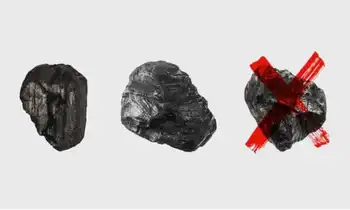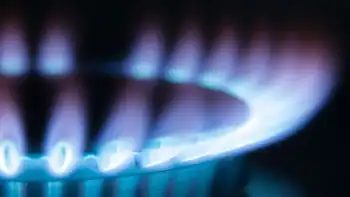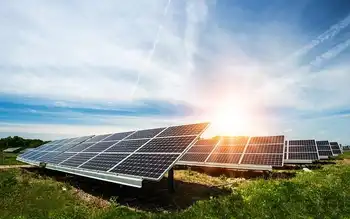Britain breaks record for coal-free power generation - but what does this mean for your energy bills?

NFPA 70e Training - Arc Flash
Our customized live online or in‑person group training can be delivered to your staff at your location.

- Live Online
- 6 hours Instructor-led
- Group Training Available
UK Coal-Free Electricity Record highlights rapid growth in renewables as National Grid phases out coal; wind, solar, and offshore projects surge, green tariffs expand, and energy comparison helps consumers switch to cheaper, cleaner deals.
Key Points
Britain's longest coal-free run, enabled by renewables, lower demand, and grid shifts for cheaper, greener tariffs.
✅ Record set after two months without coal-fired generation
✅ Renewables outpace fossil fuels; wind and solar dominate
✅ Green tariffs expand; prices at three-year lows
On Wednesday 10 June, Britain hit a significant landmark: the UK went for two full months without burning coal to generate power – that's the longest period since the 1880s, following earlier milestones such as a full week without coal power in the recent past.
According to the National Grid, Britain has now run its electricity network without burning coal since midnight on the 9 April. This coal-free period has beaten the country’s previous record of 18 days, six hours and 10 minutes, which was set in June 2019, even though low-carbon generation stalled in 2019 according to analyses.
With such a shift in Britain’s drive for renewables and lower electricity demand following the coronavirus lockdown, as Britain recorded its cleanest electricity during lockdown to date, now may be the perfect time to do an online energy comparison and switch to a cheaper, greener deal.
Only a decade ago, around 40 per cent of Britain’s electricity came from coal generation, but since then the country has gradually shifted towards renewable energy, with the coal share at record lows in the system today. When Britain was forced into lockdown in response to the coronavirus pandemic, electricity demand dropped sharply, and the National Grid took the four remaining coal-fired plants off the network.
Over the past 10 years, Britain has invested heavily in renewable energy. Back in 2010, only 3 per cent of the country's electricity came from wind and solar, and many people remained sceptical. However, now, the UK has the biggest offshore wind industry in the world. Plus, last year, construction of the world’s single largest wind farm was completed off the coast of Yorkshire.
At the same time, Drax – Britain’s biggest power plant – has started to switch from burning coal to burning compressed wooden pellets instead, reflecting the UK's progress as it keeps breaking its coal-free energy record again across the grid. By this time next year, the plant hopes to have phased out coal entirely.
So far this year, renewables have generated more power than all fossil fuels put together, the BBC reports, and the energy dashboard shows the current mix in real time. Renewables have been responsible for 37 per cent of electricity supplied to the network, with wind and solar surpassing nuclear for the first time, while fossil fuels have accounted for 35 per cent. During the same period, nuclear accounted for 18 per cent and imports made up the remaining 10 per cent.
What does this mean for consumers?
As the country’s electricity supply moves more towards renewables, customers have more choice than ever before. Most of the ‘Big Six’ energy companies now have tariffs that offer 100 per cent green electricity. On top of this, specialist green energy suppliers such as Bulb, Octopus and Green Energy UK make it easier than ever to find a green energy tariff.
The good news is that our energy comparison research suggests that green energy doesn’t have to cost you more than a traditional fixed-price energy contract would. In fact, some of the cheapest energy suppliers are actually green companies.
At present, energy bills are at three-year lows, which means that now is the perfect time to switch supplier. As prices remain low and renewables begin to dominate the marketplace, more switchers will be drawn to green energy deals than ever before.
However, if you’re interested in choosing a green energy supplier, make sure that you look at the company's fuel mix. This way, you’ll be able to see whether they are guaranteeing the usage of green energy, or whether they’re just offsetting your usage. All suppliers must report how their energy is generated to Ofgem, so you’ll easily be able to compare providers.
You may find that you pay more for a supplier that generates its own energy from renewables, or pay less if the supplier simply matches your usage by buying green energy. You can decide which option is right for you after comparing the prices.











